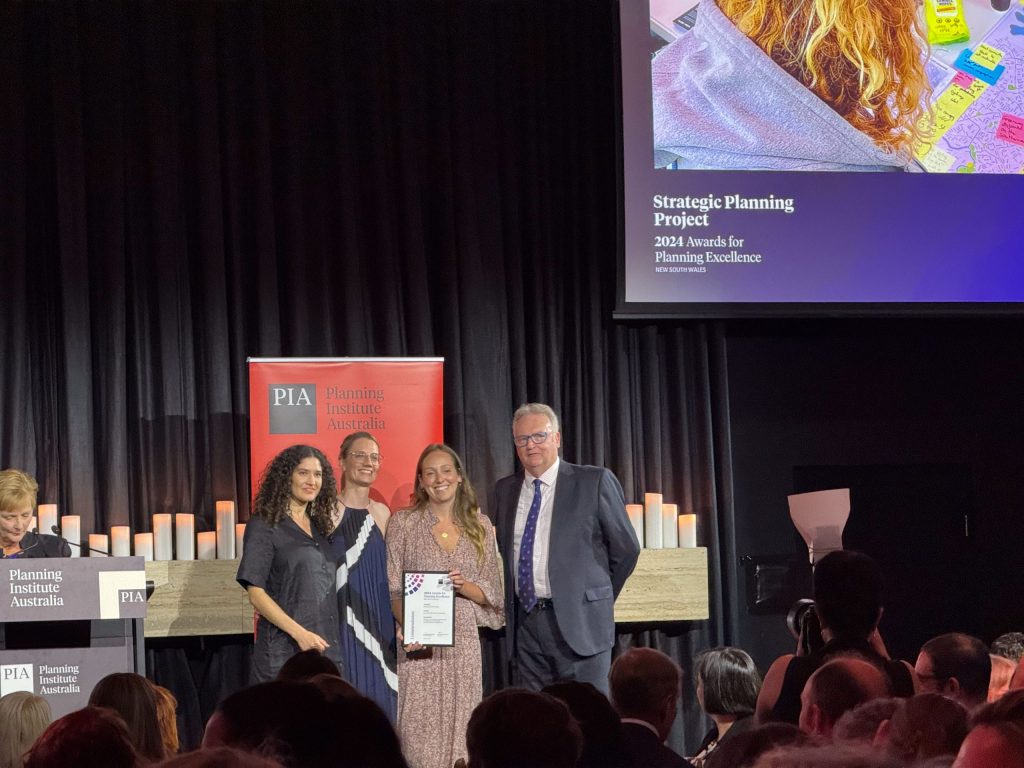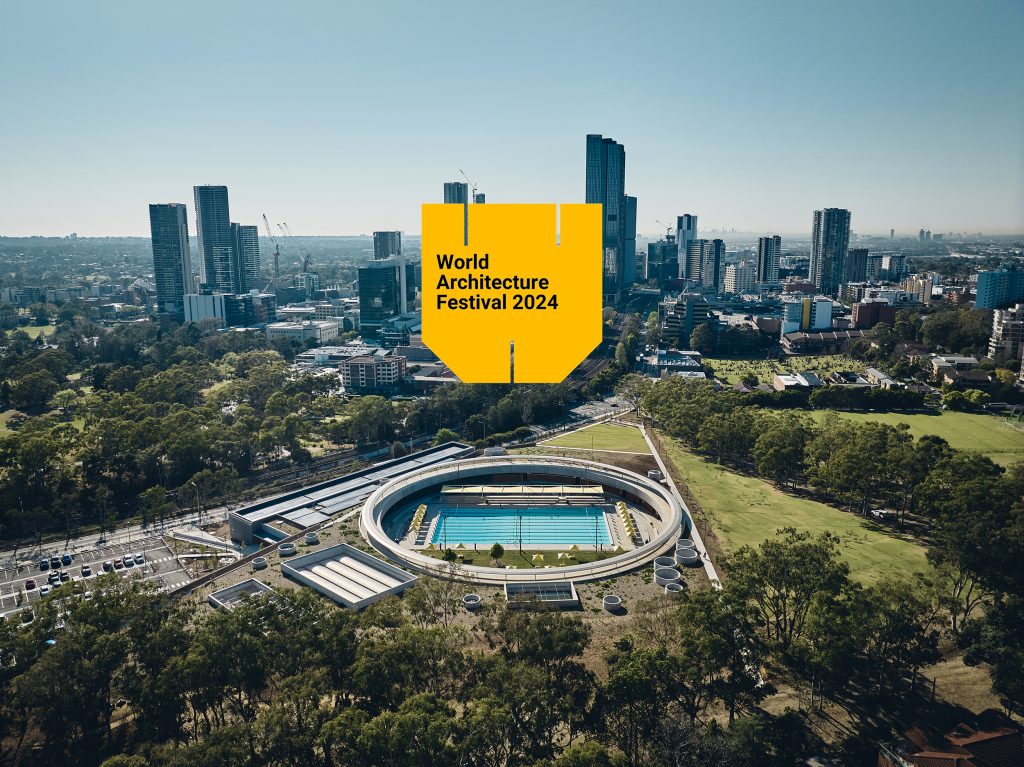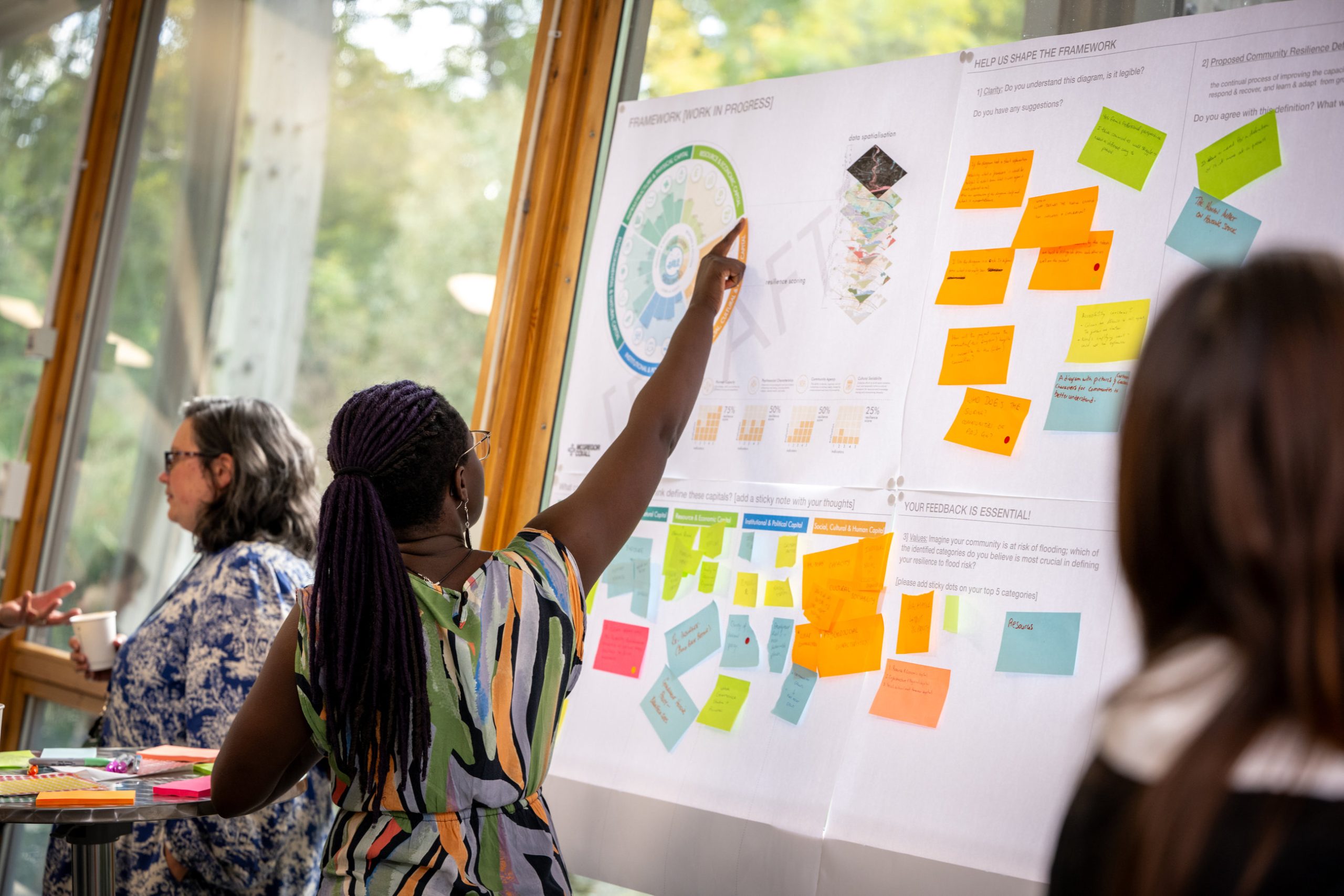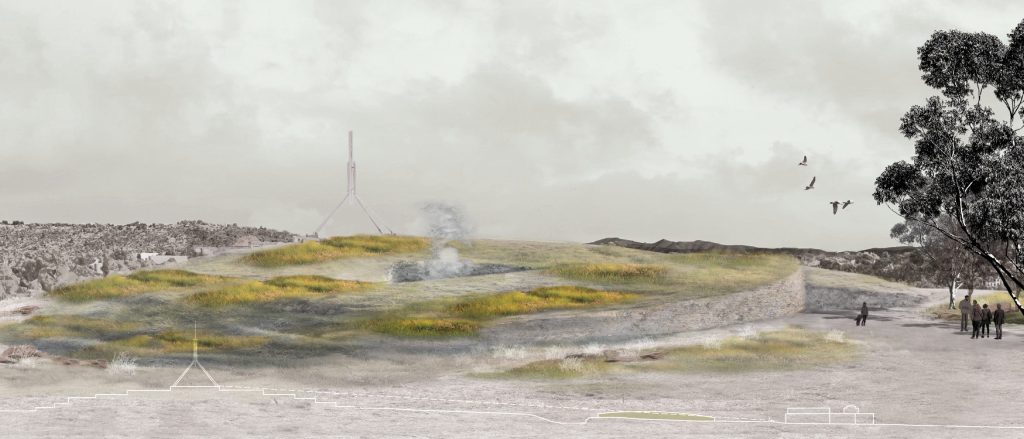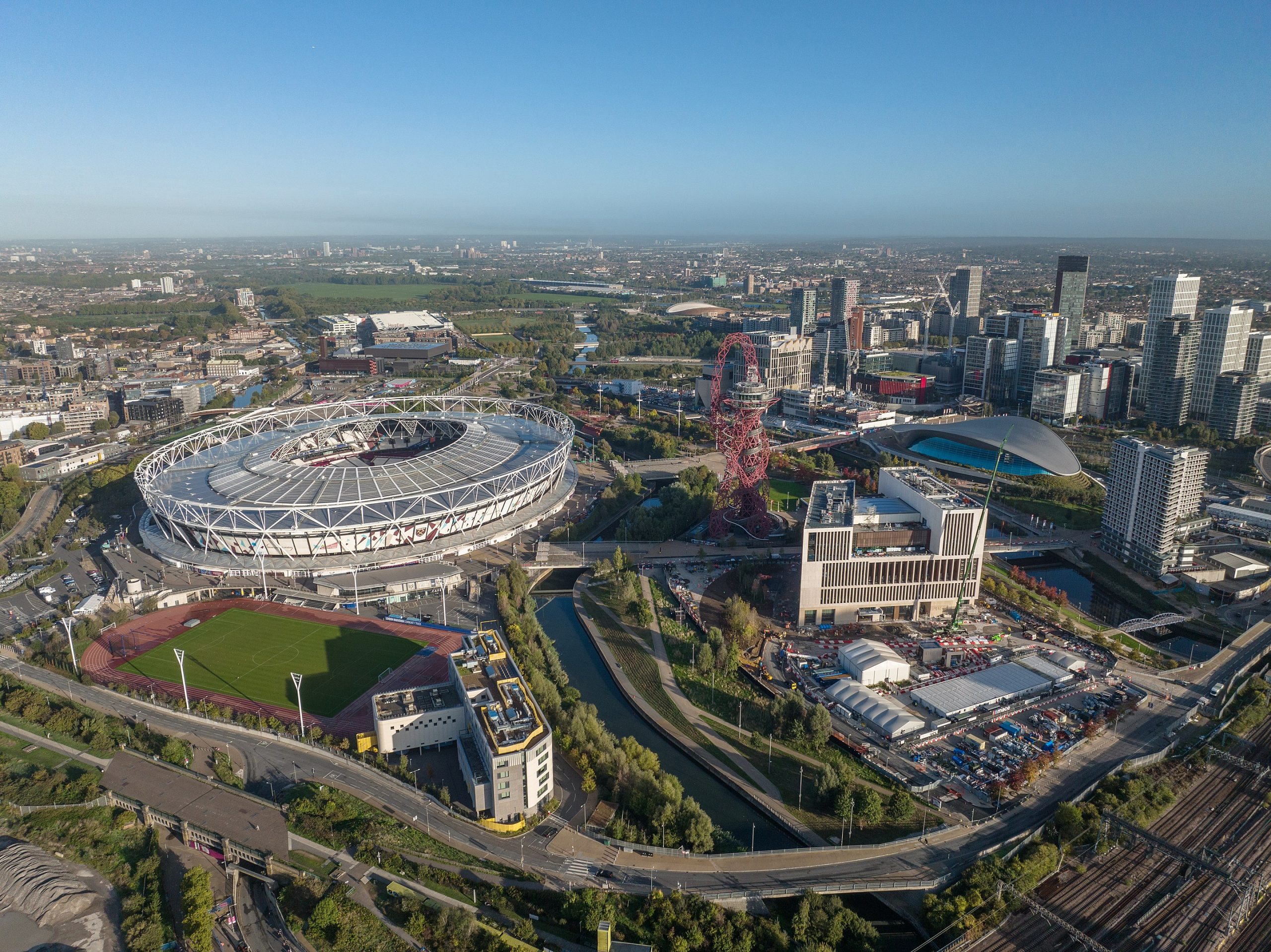
The global influence of 21st-century cities is unprecedented
Successfully driving the world economy, they have become the biggest polluter of our only planet. They are now responsible for more than 75 per cent of global greenhouse gas emissions and the primary cause of the climate emergency.
But what if cities are part of nature and the answer to the climate emergency?

In the recently published book, Biourbanism: Cities as Nature—A Resilience Model for Anthromes by Founder & Chief Design Officer, Adrian McGregor, we propose that they are.
Founded on landscape architecture and planetary science research, we define Biourbanism as a systems-based city model to assist mayors, city leaders, designers, planners, and citizens in better understanding the interconnected urban processes of their urban habitats.
Biourbanism proposes a paradigm shift in thinking by outlining why cities must be understood as a form of human-modified nature, or Anthrome. The model comprises five bio and five urban systems that can be visualised and managed through data, indicators, and digital twins.
The answer to the climate emergency is a rapid decarbonisation of the world’s 10,000+ cities and a shift in urban thinking to acknowledge that Homo sapiens and our cites are an intrinsic part of nature.

To successfully manage the escalating risk of extreme climate impact to infrastructure, ecosystems and citizens, the time has come for governments, city leaders and asset managers to formulate resilience plans rapidly.
Utilising the Biourbanism model, urban thinkers can create resilience plans by harnessing climate datasets, mapping systems, predicting vulnerability and setting targets to establish priority initiatives. Utilising design thinking, planners can orchestrate mutually beneficial outcomes across the ten systems to enable cities to secure vibrant, healthy and prosperous futures.
The ten Biourbanism systems
To address the mounting global challenges for cities, humans need a science-based paradigm shift in urban design and planning. Biourbanism is a systems-based model for creating prosperous, resilient cities that frames them as anthromes – that is, as a part of nature.

Bio Systems
The primary purpose of a city is to provide a healthy, inspiring, and productive habitat for its citizens. Since the earliest cities, governance and legal frameworks have sustained their communities and been essential for their longevity. In a resilient and vibrant city, such frameworks aim for geopolitical stability, human rights equality, creativity, and cultural diversity. Equality of access to resources and opportunities, including affordable housing, health care, and education, is fundamental to a resilient city. Poverty and inequity are a major source of global conflict and migration and have resulted in the disintegration of cities throughout history.
Cities are net importers of food, consuming more resources than they produce. Humans living in urban populations rely upon an affordable local network of food supply chains connected to regional market distribution hubs. These hubs are in turn connected to regional, national, and global agricultural networks. Food culture is a distinctive part of cities and creates a vibrant public life.
The land, urban surfaces, and terrestrial ecosystems of cities, including plants and animals, make up the city landscape. Cities engineer wild and rural landscapes to suit their urban development needs through land development processes. Wild and rural terrains are either replaced with urban infrastructure or converted to parks, urban landscape, and public realm to suit the economic, political, and habitation imperatives of cities.
Waste is the unwanted by-product of resource processing for human consumption. It requires disposal and decomposition. To ‘waste’ is to be extravagant or to use and expend carelessly.
Water is the home of the Earth’s aquatic ecosystems and the essential liquid required to sustain plant and animal life. Securing access to clean, unpolluted water is one of the greatest challenges facing humanity and has led to numerous city collapses in the past. Our bodies are up to 63 percent made of water.
Urban Systems
The economy of a city encompasses all activities related to the production, consumption, and trade of goods and services. Each city’s economy is influenced by its culture, laws, history, and geography.
To perform their everyday work, cities require cheap and abundant energy. They rely upon radiant energy from the sun, together with energy released from a range of sources, including carboniferous or elemental sources. The energy system of a city is made up of an ecosystem of infrastructure, including power generation, transmission, shipping, storage, and consumption. Energy networks are increasingly driven by smart technologies. Energy is also embodied in materials and products as a result of extraction and manufacturing processes. Energy for electricity, heat, and transport produces approximately 73 percent of global GHG emissions.
Since ancient times and the advent of agriculture, we have dreamed, planned, and built urban settlements as aspirational places for achieving human prosperity. Over the millennia, ancient villages and towns have matured into cities of vast complexity. The cities of today rely upon an immense web of hard infrastructure and services such as buildings, industries, streets, rail, roads, shipping ports, airports, and utilities to support their inhabitants. These are commonly referred to as the ‘built environment,’ the backbone of the global economy.
The livability of cities is enhanced by the quality, efficiency, and proximity of multimodal public and private transport infrastructure. The ability of citizens to travel quickly and cheaply from workplace to home and to essential services by public transport has a qualitative impact on their health and wellbeing. Cities with short average commuting times increase their economic productivity and competitiveness by minimizing traffic congestion costs. The ‘15-minute city’ is gaining popularity as a compact, anti-sprawl urban design model where citizens are able to meet the majority of their everyday needs without a car by taking a short stroll, cycling, or taking a micromobility ride from their home.
The concept of automation has always been central to the path of human development. After conquering industrial mechanization, humans are now using digital means to delve into the nanoscale. Big data is increasingly driving decision-making, and soon quantum computing will make our largest supercomputers look like an abacus.
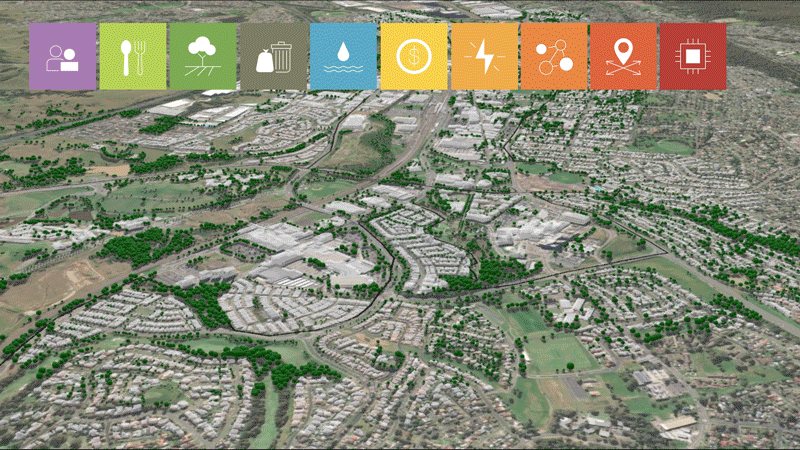
Learn about the Biourbanism Lab
In 2022, McGregor Coxall established the Biourbanism Lab in response to the escalating frequency and intensity of climate-related events impacting cities, regions, and communities. Applying Biourbanism principles to real-world problems, our Lab offers a practical solution to urban resilience.



